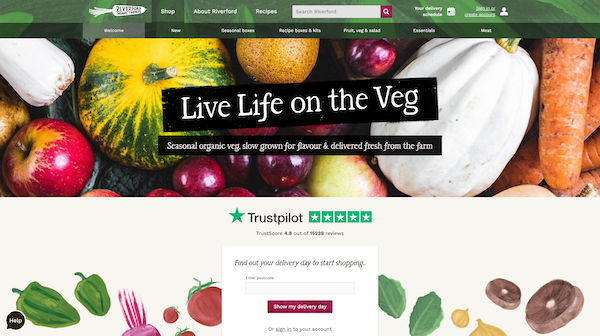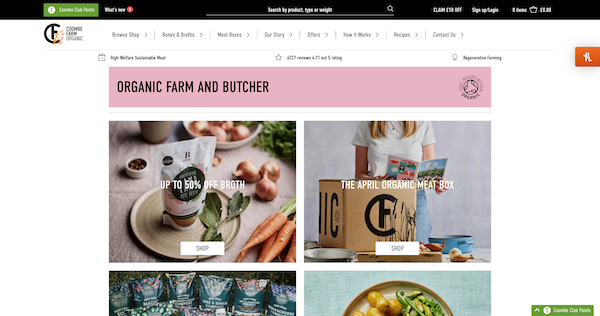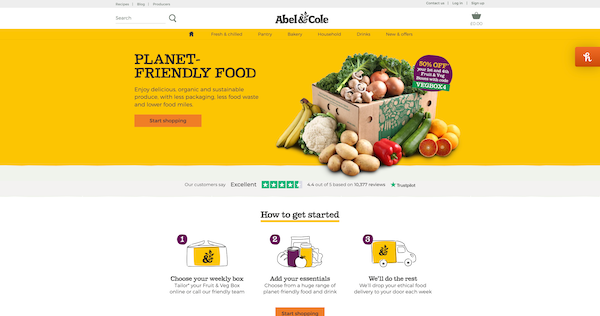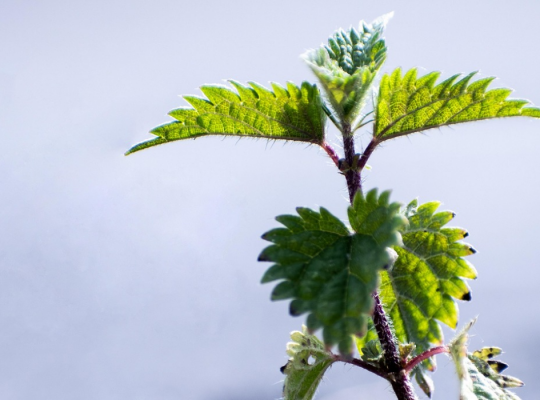Summary: Many are hesitant to eat organic food because of the cost. There are affordable ways to start eating organic. Our choices dictate whether we pay now or we pay later.
Reading Time: 6 minutes
What is Organic Food?
Organic food is the production of food without the use of synthetic chemicals or genetically modified components.
Healthline stated that “organic foods have been grown or farmed without the use of:
- Artificial chemicals
- Hormones
- Antibiotics
- Genetically modified organisms (GMOs)“
The U.S. Department of Agriculture defines organic as “crops that are produced on farms that have not used most synthetic pesticides herbicides or fertiliser for three years before harvesting the food.”
How can we compare the difference at a glance?
Organic Food vs Non-Organic Food (conventionally grown)
Organic
Vegetables
- Grown with natural fertilizers (e.g., manure, compost)
- Weeds are controlled naturally (manual) such as organic-approved herbicides
- Pest control is done naturally such as birds, insects, traps
Meat
- Animals are given all organic, and GMO-free feed
- Disease is prevented via natural methods such as clean housing, rotational grazing, and a healthy diet
- Animals must have access to the outdoors
Non-Organic
Vegetables
- Grown with chemical or synthetic fertilizers
- Weeds controlled with chemical herbicides
- Pest control is done via synthetic pesticides
Meat
- Animals are given growth hormones for faster growth, and GMO feed
- Antibiotics and medications are used to prevent animal disease
- Animals may or may not have access to the outdoors
Health is wealth and your choices dictate whether you pay now or you pay later
The Benefits of Eating Organic
- Fewer pesticides
- Fresher food
- Organic meat is richer in nutrients
- GMO-Free
- Water – No toxic run-off
The Benefits Explained
With conventional-grown food, the chemical residue still remains on and within the food. Fewer pesticides is a good thing.
Also, the world’s favourite herbicide is Glyphosate. This was first formulated as Roundup weed killer by Monsanto in 1976. This product quickly became a favourite because it would kill the entire plant right down to the roots.
It was later discovered that this herbicide is carcinogenic (the potential to cause cancer) and is having devastating effects on the environment. Large-scale regenerative farming is now supported by big business organisations such as Mars, PepsiCo and the like because of this discovery.
With organic food, the food is often fresher. This is because there are no preservatives added to the food so it needs to be produced, sold and eaten within a shorter time period.
A 2016 European study showed that levels of certain nutrients, including omega-3 fatty acids, were up to 50 percent higher in organic meat than in conventionally raised versions.
What is more, organic food is free from Genetically Modified Organisms (GMOs). The GMO subject has long been debated as to whether it contributes to unbalances and human illnesses or diseases.
The website Only Organic made an excellent point on toxic run-off:
“Water Runoff from farms carries soil and farm inputs-like fertilizer and pesticides- into nearby creeks and streams. Excess nitrogen and phosphorous that has leeched into the water causes an overgrowth of algae in a short period of time (algae blooms).
The overgrowth of algae consumes oxygen and blocks sunlight from underwater plants. The lack of oxygen makes it impossible for aquatic life to survive, creating dead zones. The largest dead zone is in the Gulf of Mexico and occurs every summer as a result of nutrient pollution from farms leeching and running down through the Mississippi River.”
Why You Need to Eat Organic
Organic food is currently more expensive. Organic certification is expensive and organic feed for animals can cost twice as much. In addition, organic food isn’t mass-produced on the scale of conventional food so the overheads are different.
Not surprisingly, most people tend to be quite hesitant about the cost when considering eating organic even if some realise the benefits.
However, does the above mean you should be hesitant to eat organic?
No. And here’s why…
The key thing to remember is that your health is wealth and the choices you make today will dictate whether you pay now or you pay later with your health. Will you pay later with your health by managing an illness? It is a fact that “paying later” is much more expensive. The old adage is true “Prevention is Better than Cure”. Why not do all you can now to prevent an illness by making healthier choices of food for your body?
By choosing to eat organic your body would be able to enjoy the benefits of ‘cleaner food’ and reduce the toxic load it has to deal with on a daily basis.
We cannot forget the importance of the water we drink, which is something I talk about in another article on water.
How to Get Affordable Organic Food
There are affordable ways to get organic food but make sure you are selective in ‘where’ you buy your food. Not all organic food is equal. If you are reading this article and you are based in the USA, then you’ll always want to read the label.
If you are based in Europe, then it is much easier to quality organic food at affordable prices. Below are some excellent discounts and offers to get you started. All of the offers below have door-to-door delivery options available.
Riverford Organic Farm

They are a farm that strives to make sure make its food production has a positive impact on organic farming, employee ownership, pioneering packaging and more. Riverford will plant a tree as a result of your order.
Organic Butchery

The Organic Butchery produces award-winning pork, beef and lamb on their organic farm in Somerset, UK.
Abel & Cole

Since 1988, Abel and Cole believed that food has the power to help change the world. They are making shopping sustainably simple, putting people and the planet first in how they grow food.
Knowledge is Potential Power
Whether you decide to buy organic or not, understanding how the food you choose to eat is produced enables you to make sound choices that include your own dietary needs and the positive effect it can have on your body.
After reading this article some may feel overwhelmed. That’s okay. With all journeys, it begins with a single step, which is why I love empowering my clients, watching their transformations over time, and seeing them realise for themselves how their small continuous steps, create big results!
Your first 30-minute appointment with me is FREE so book a consultation today so I can help you understand how you can reach your potential and be a better you.
Stay healthy!



[…] Buy food from groceries that do not use plastic packaging – such as organic food farms […]
[…] Self-Care: Ensure you get enough sleep, eat well, and get enough […]
[…] Diet: During your eating windows, focus on consuming nutrient-dense meals to fuel your body and support your […]